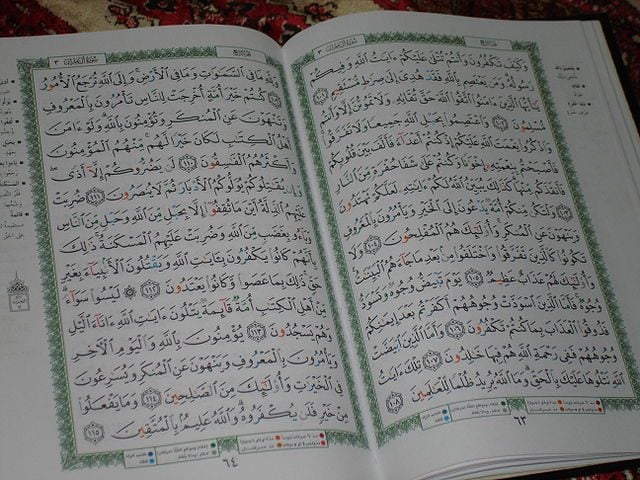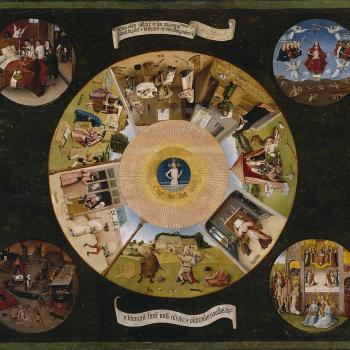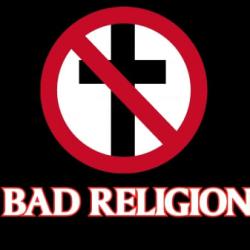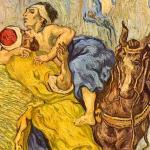
Further notes, from a manuscript, on the ethical teaching of the Qur’an:
The sins that are likely to characterize the wealthy in a commercial society come in for particular attention. For instance, believers are told to give just weight and full measure in their market and trade exchanges.[1] The Qur’an shows special solicitude for the treatment of orphans. Its admonitions resemble the principle in the epistle of James, that “pure religion and undefiled before God and the Father is this, to visit the fatherless and widows in their affliction, and to keep himself unspotted from the world.”[2]
As for the orphan, do not oppress him, and as for the beggar, scold him not.[3]
Have you thought of him that denies the Last Judgement? It is he who turns away the orphan and does not urge others to feed the poor. [4]
The damned in hell, says the Qur’an, will be asked why they are there, and they will reply: “We never prayed or fed the hungry.”[5] But kindness to the poor is not enough by itself, either. Wastefulness and extravagant living are condemned.[6]
Knowing its audience, the Qur’an once again slips into the merchant language of Mecca in order to make its point: If you make a good loan to God, it says, he will multiply it for you. Righteous living, in other words, is a good bargain; it shows sound business sense.[7] Those who “prefer the present life over the world to come”[8] are simply foolish. They are shortsighted. After all, it is the life to come that is the real life—not this one.[9] God says in the Qur’an that human existence here upon this earth is “as water that We send down out of heaven, and the plants of the earth mingle with it; and in the morning it is straw the winds scatter.”[10] It passes away and cannot give lasting satisfaction.
And as for the unbelievers,
their works are as a mirage in a spacious plain
which the man athirst supposes to be water,
till, when he comes to it, he finds it is nothing.[11]
[1] 17:35; 55:9; 83:1-3.
[2] James 1:27.
[3] 93:9-10; compare 2:177; 4:2-3, 9-10; 6:152; 17:34; 90:15. On the notion of not “scolding” beggars, compare the words of King Benjamin at Mosiah 4:16-22.
[4] 107:1-3.
[5] 74:43-44.
[6] At, for instance, 7:31; 17:26-27; 25:67.
[7] 64:17; 57:11, 18.
[8] 14:3.
[9] 29:64.
[10] 18:45 (Arberry).
[11] 24:39 (Arberry)
***
I don’t think that I shared this when it appeared in the BYU student newspaper, The Universe, back on 29 November 2017:
“Exchange students share experiences with Islam, dispel myths”
***
And here’s an important news item, in The Onion, from the world of archaeological research. Alas — it being The Onion, after all — there’s an F-bomb in it:
















